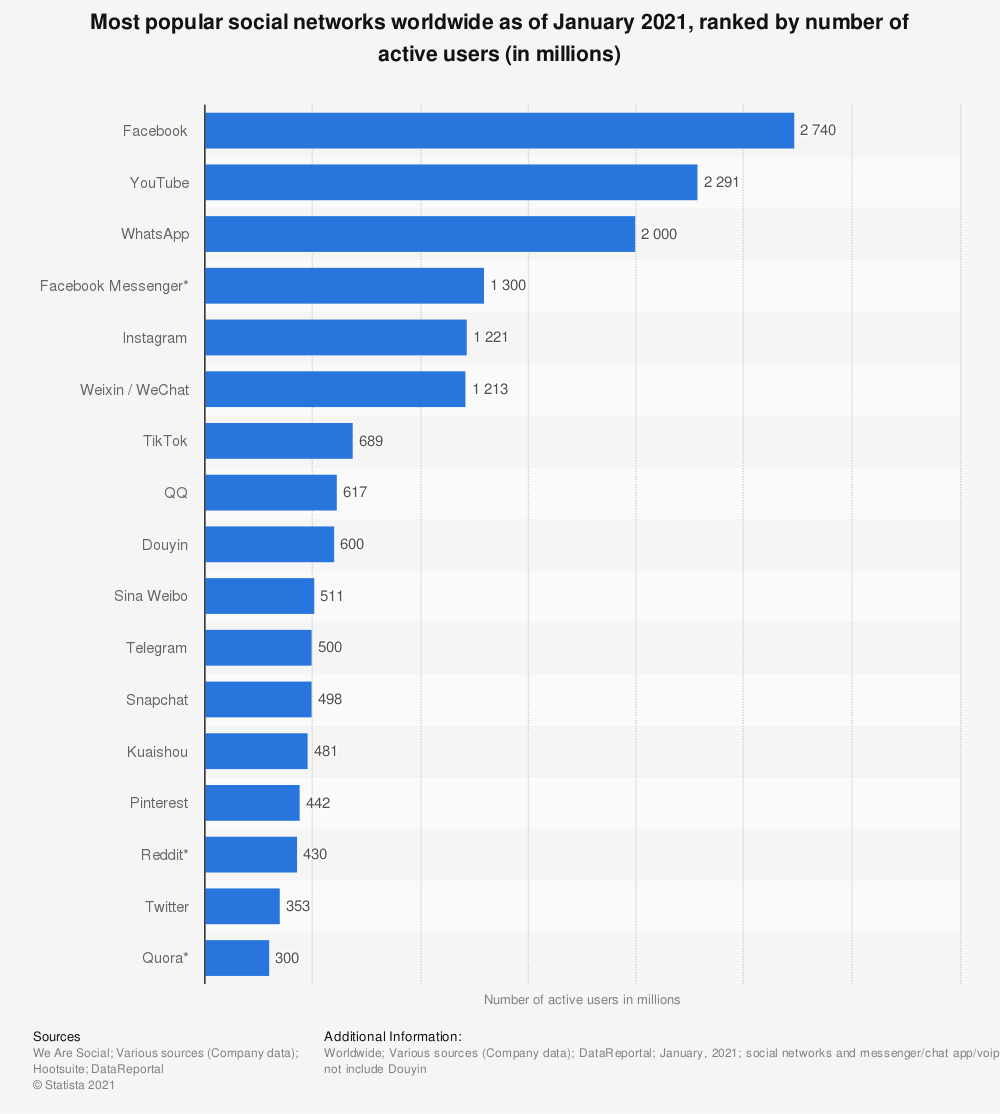How many social networks do you belong to? The average person has five social network accounts and spends around 1 hour and 40 minutes browsing these networks every day, accounting for 28pc of the total time spent on the internet.
Probably a combination of Facebook, Twitter, Pinterest, Instagram and YouTube and substituting with LinkedIn, Tumblr and Google+ (other Social Networks are available). However, most will be struggling to stay on top of them all.
It’s just too time consuming these days.
’Social Deafness’ is a phenomena that I'm describing as the reduction in our ability to take in all the social messages and content being pushed out on your social networks.
Before social media came along, our lives were already quite busy and we didn't ask for these networks to occupy our lives, but as these networks have grown and expanded it has become common place in the modern digital world for us to belong to many of them. Furthermore with the expansion of mobile computing, it’s become super easy to engage with your preferred networks through apps and on the web whilst on the move.
Much has been said about our addiction to these networks, but the addiction is not necessarily with our connections but more about what we as individuals can get out of these networks. When our connections, like, share, retweet, comment and repost, we feel loved. That feeling of love releases dopamine in the brain, which is highly addictive. We're then looking for the next hit, the next bit of engagement. I'm sure you have seen this play out on Facebook when your friends post comments that have left you wondering what's wrong with them. Comments like ’I'm feeling very annoyed’. Having no clue what they're annoyed about it causes you to ask the question and giving them some desired attention (love). Whether you think it's appropriate or not, this is current reality with social networks.
We're all looking for attention (love).
As we become more used to all the social media noise that's going on across social networks, we actually start tuning-out and developing what I call ’Social-Deafness'. It's just an abbreviation I’ve coined for describing how you are starting to ignore social media (network) noise. Even those cries for help are starting to be ignored, as we intuitively know that folks are in fact seeking attention. We all know the saying:
‘The girl (or boy) who cried WOLF’.
By the way it's not their fault, they are just copying what others are doing in their networks, noticing the attention others are getting and hoping for the same. Plus of course the networks keep emailing us telling us that we're missing out and really should be going back to our networks. Just try for 5 days to avoid one of your favourite networks and they will be in touch with you for sure.
They play on our instinct and a condition called FOMO = ‘Fear of missing out’.
When this ’Social-Deafness’ spreads across global social networks, it makes the job of marketing to us so much tougher for big brands and even Micro Enterprises. It’s much harder to get noticed and develop sustainable engagement.
This is why more and more folks are spending more and even more time publishing content to these networks hoping that something will stick and develop some sort of engagement at ’scale’ (a fashionable and trendy term used by LinkedIn management a lot!).
The only way to develop a sustainable engagement strategy is by bringing people on board one person at a time. The execution of that in reality is more time consuming and not always guaranteed, but the potential results are easier and more predictable.
The challenge is to build trust in your network over a sustained period of time, which will potentially support a level of conditioning in your connections’ brain to believe that they already know you. A feeling of trust that makes them think you've already met and they know so much about you already. This potentially (note there's no guarantee) means that when you contact them by email or even by phone they believe they are communicating with a long standing acquaintance.
This method is actually no different to what advertisers use by repeating their adverts regularly to you. Even if you think you're not paying that much attention to adverts they all go into your brain and over time you brain has been conditioned with a product or service. Ever come home from the supermarket with a product you didn't need it, had never bought previously and then wondered why you bought it? Now you know what I mean.
Do you believe that you are suffering from ’Social Deafness’?
Have you managed to build trust with your connections on social networks and how did you make that happen?
Would love to know your perspective and your experience.
@stayingaliveuk - ’Share Your Story’


